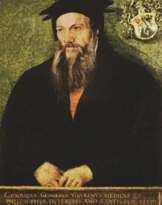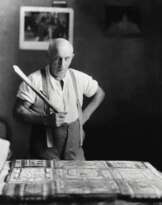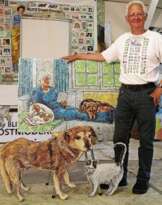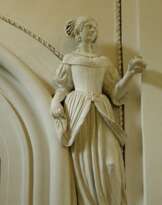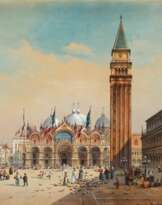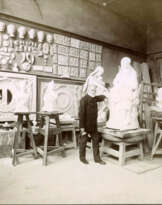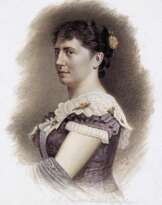Charles Gleyre (1806 - 1874)

Charles Gleyre
Marc Gabriel Charles Gleyre was a Swiss artist of profound influence, noted for his pivotal role in the development of many young artists who would shape the future of art. Born in Chevilly, near Lausanne, in 1806, Gleyre spent much of his life in France, embodying the spirit of both cultures in his artistry.
Charles Gleyre's early years were marked by tragedy with the loss of his parents, leading to an upbringing by an uncle in Lyon. His formal education began at the city’s industrial school before advancing to the École des Beaux-Arts in Paris. His career was not just defined by his own works but significantly by his role as a teacher after taking over the studio of Paul Delaroche in 1843. His studio became a crucible for talent, nurturing figures such as Claude Monet, Pierre-Auguste Renoir, and Alfred Sisley, who would go on to become stalwarts of Impressionism.
Despite his extensive travels through Italy, Greece, Turkey, and Egypt, which enriched his artistic perspective, Gleyre chose a life away from public competitions after his early successes. His notable works include "Lost Illusions" and "The Dance of the Bacchantes". Gleyre's commitment to his craft was reflected in the meticulous development of his pieces, often revising them over years to achieve perfection.
Charles Gleyre never married and lived a life devoted to his art, passing away suddenly in 1874. His legacy, however, endures through his teachings and the profound impact he had on the art world. For those interested in exploring Gleyre's work further or keeping updated on exhibitions and sales related to his art, signing up for updates can provide exclusive insights and opportunities tailored to collectors and art experts.
| Date and place of birt: | 2 may 1806, Chevilly, Switzerland |
|---|---|
| Date and place of death: | 5 may 1874, Paris, France |
| Nationality: | Switzerland |
| Period of activity: | XIX century |
| Specialization: | Artist, Painter |
| Genre: | History painting, Mythological painting |
| Art style: | Academism |


